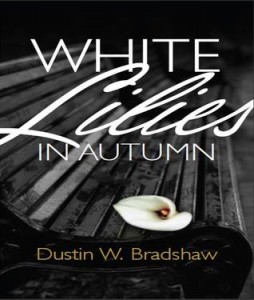 Compound adjectives (modifiers): another department in the punctuation shop with which (unedited) books seem to be inundated…uncompounded. Writers (and their editors) seem to struggle with them. Compound adjectives are when two words are linked with a hyphen to form one descriptive word. So, let’s try and make it simple…
Compound adjectives (modifiers): another department in the punctuation shop with which (unedited) books seem to be inundated…uncompounded. Writers (and their editors) seem to struggle with them. Compound adjectives are when two words are linked with a hyphen to form one descriptive word. So, let’s try and make it simple…
The room was furnished with a four-poster bed
The room was furnished with a four poster bed would be incorrect. If you were to take out one of those words describing the bed, you would be left with a four bed or a poster bed; and that makes no sense, does it? Hyphenating four poster makes the idea a single one. Continue reading “A Helping Hand…Confound those compounds”

